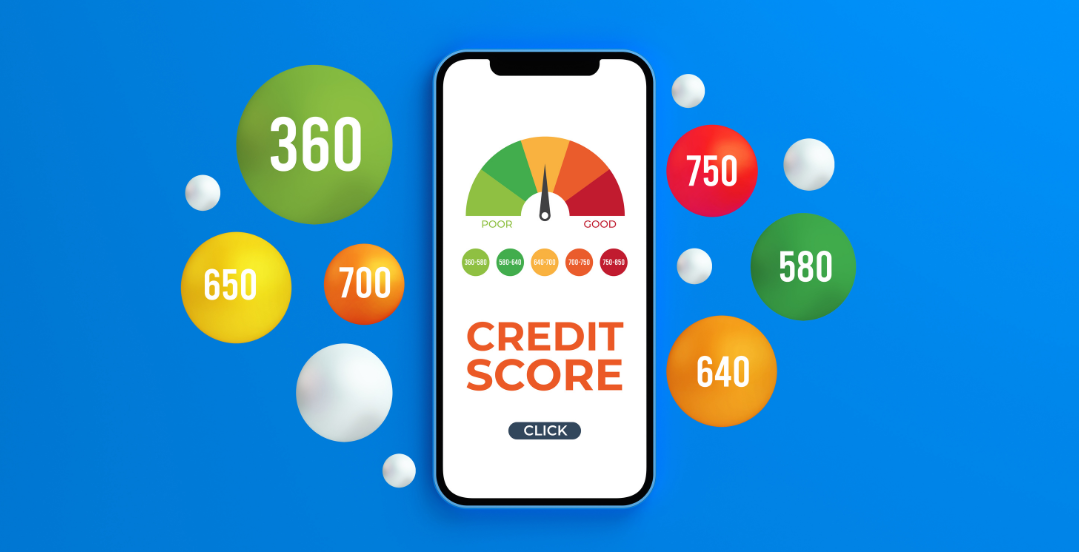Credit Scores: Why They Matter for Your Mortgage and Beyond
Posted by Infinity Admin on

Your credit score is a three-digit number that represents your creditworthiness. It is calculated based on your credit history and financial behavior. A higher credit score indicates that you are more likely to repay your debts on time, while a lower credit score suggests that you may be a higher risk borrower. In Canada, credit scores range from 300 to 900, with a score of 650 or higher considered to be good.
Your credit score is important because it affects your ability to get approved for credit, such as a credit card or loan, and the terms and interest rates that you are offered. It also impacts other areas of your life, such as renting an apartment, getting a job, and even setting up utilities.
When applying for credit, lenders will…
377 Views, 1 Comments

.png)


